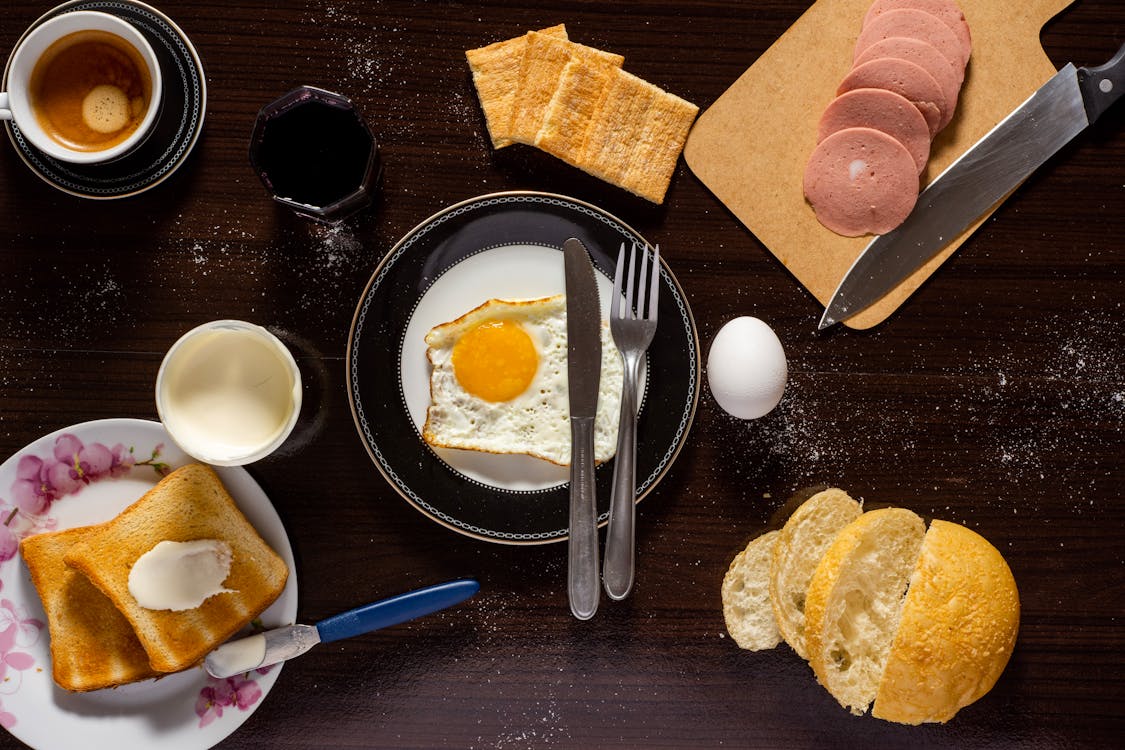Butter, a seemingly simple dairy product, holds a rich history and complex role in our kitchens. From its creamy spread on toast to its flaky contribution to pastries, butter adds a touch of magic to countless dishes. But what exactly is butter, and how did it become a staple in our refrigerators?
Butter’s story begins with milk, the lifeblood of many cultures. By churning cream, the fatty component of milk, we break down the milk proteins and separate the butterfat. This churning process can be done by hand, using a traditional churn, or by large machines in modern production facilities.
The resulting product is a delightful emulsion, roughly 80% fat and 20% water, with flecks of protein. The fat content is what gives butter its characteristic texture, ranging from soft and spreadable at room temperature to firm and sliceable when chilled. Interestingly, the color of butter is not always a vibran
Today, butter remains a vital ingredient in many cultures. It’s a cornerstone of European cuisine, a base for sauces and pastries, and a beloved breakfast spread. But beyond its culinary uses, but yellow. Naturally, butter is pale yellow due to beta-carotene, but some producers add coloring to achieve a more consistent hue.
Butter’s journey from farm to table has been a long one. Evidence suggests butter-making existed as early as 3000 BC! Throughout history, butter has been a valuable commodity, used not only for food but also for fuel and religious ceremonies.tter plays a role in cultural traditions around the world. In some parts of India, clarified butter, known as ghee, holds religious significance tipsblog.de/.
Despite its undeniable deliciousness, butter has faced some criticism in recent years for its high saturated fat content. However, butter also boasts a good amount of vitamin A and other essential nutrients. The key, as with most things, is moderation.
So next time you spread butter on your toast or melt it for a pan sauce, remember the rich history and versatility of this humble ingredient. Butter is a testament to human ingenuity and a reminder that the simplest things can be truly delicious.

